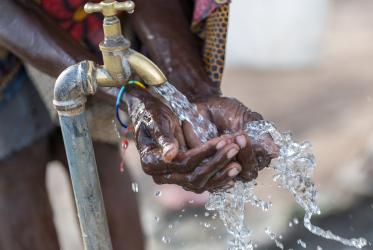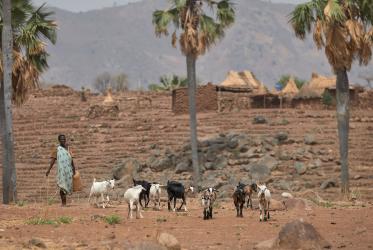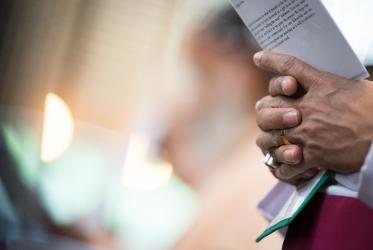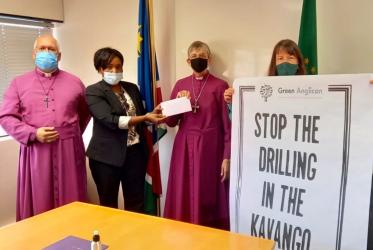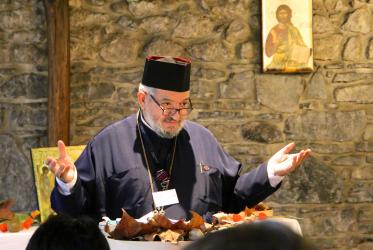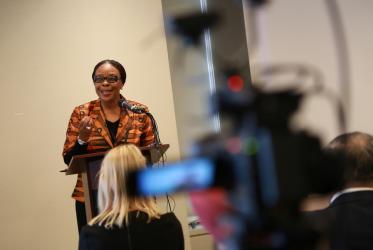Displaying 1 - 20 of 175
WCC leaders recall life-changing experiences from early days
10 February 2022
Protecting Ethiopia’s church forests
27 October 2021
South Sudanese Churches shelter populations displaced by floods
23 September 2021
South Sudan Church leaders welcome new cabinet
15 March 2020


